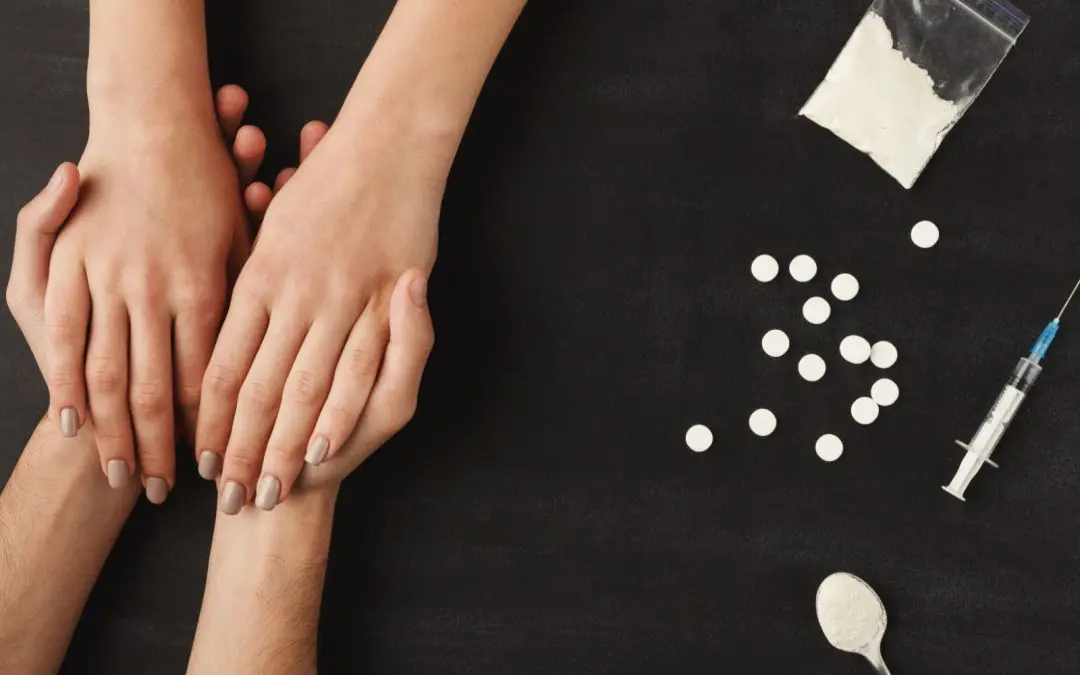24/7 Helpline:
(866) 899-221924/7 Helpline:
(866) 899-2219
Learn more about Morphine Detox centers in Hawaiian Gardens
Morphine Detox in Other Cities

Other Insurance Options

Covered California

Choice Care Network

ComPsych

Optima

Group Health Incorporated

Private insurance

Self-pay options

Cigna

BHS | Behavioral Health Systems

Multiplan

WellPoint

Horizon Healthcare Service

Ambetter

Sliding scale payment assistance

Regence

PHCS Network

Health Choice

Highmark

BlueCross

Evernorth

Hawaiian Gardens Medical & Mental Health
Hawaiian Gardens Medical & Mental Health is a private rehab located in Hawaiian Gardens, CA. Hawaiia...











